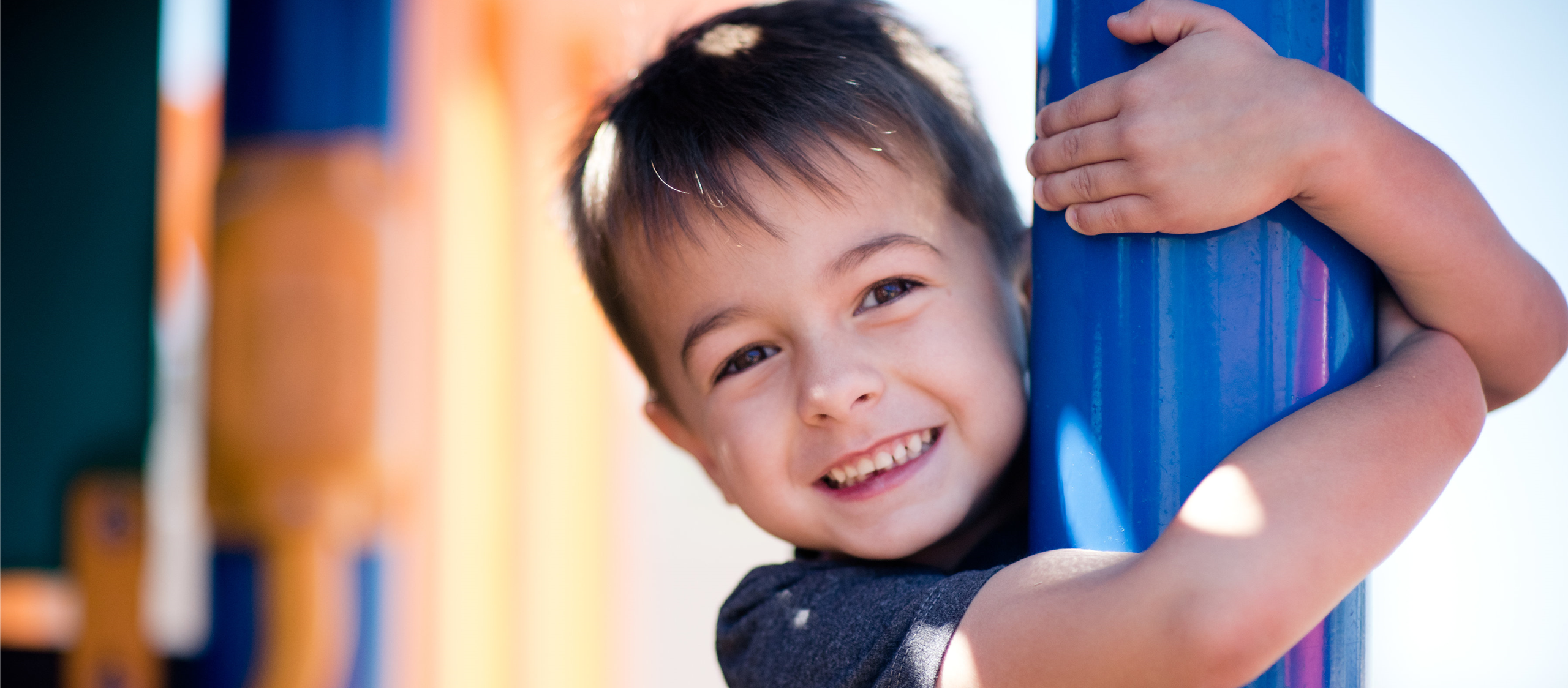An Update on Early Literacy Efforts
At Valley of the Sun United Way, we know that then when children start their education journey ready to learn, it sets them up for success in the future. We also understand the importance of nurturing children as they make their way through school, whether it’s in person or at home.
This is why – in collaboration with our donors, volunteers and partners – we continue to create lasting, systemic change in our education system. United Way identified where gaps in the education system existed and filled in these gaps with quality early childhood development programs, academic assistance and critical support services.
During the COVID-19 pandemic, this focus has been more critical than ever. United Way, along with its partners, has worked very closely with our schools and local and state governments in the following ways:
- Ensured essential workers and families have access to quality childcare, out of school time programs and online developmental screenings and resources to address their basic needs.
- Distributed almost 3,000 books and close to 950 School Readiness Kits.
- Donated critical safety items including PPE, hand sanitizer and other supplies to childcare programs to continue high quality learning, while staying within CDC guidelines.
- Supported community partners by assisting in the transition of in-person services to virtual platforms, allowing programs to continue to serve families.
- Launched the “Peer Influencers” program in the Phoenix Union High School District to support local students in completing their college and FAFSA applications virtually through resources provided by their peers.
- Helped to close the gap in the digital divide and contributed almost 450 laptops and other tech devices to support students.
- Contributed more than $116,000 to support education tools needed for distance learning.
Coronavirus, Communication and Kids
With so many mixed messages that surround the current pandemic, it’s important that children get honest, reliable and age-appropriate information. It’s important to ask questions geared to a child’s specific age level, with a focus on being open and honest while helping a child to feel safe at home and out in public. The below provides specific questions and other tips on how to speak to a child about the Coronavirus or COVID-19:
Common Questions:
1) What is Coronavirus?
Coronavirus is a new virus causing people to get sick, called COVID-19. Usually people have a fever, cough and sometimes it’s a little hard to breathe. Most people get better with rest and a little medicine. Some people may have to go to the hospital for a little extra help to get better.
2) Why can’t we go to school?
Right now we’re doing something called “social distancing.” This is when we stay away from people except for the people in our own home, which is a great way to reduce the spreading of germs.
3) What can I do to not get sick?
Washing our hands is the best way we can help to stop the spread of germs. When washing you can count to 20 or sing the “Happy Birthday” song. Remember to cough or sneeze into our elbows or tissue, so we don’t but the germs into the air and try to not touch your face to help stop the spread of germs.
Helpful Tips:
1) Ask how your child is feeling and what specific questions he or she have. Consider open-ended questions such as: “what do you know about the virus?” and “do you have any worries?”
2) Address your child’s questions the best you can and if you don’t know the answer, assure you will search for the answers and share as soon as you know.
3) Use past success stories where he or she overcame a problem as a reminder on how to deal with the current challenges, such as: “Remember when the tree fell in the front yard and we couldn’t use the front door but had to use the back door instead?”
4) Ensure your child that you and the family will get through this phase together.
Helpful Resources for Your Family
Coronavirus education and tools:
Child-friendly videos on COVID-19
Free Digital Books and COVID-19
Digital divide and low-cost technology links:
Low-cost internet and computers search tool
State library hotspot finder and technical support
Arizona school reopening and afterschool program links:
Arizona Department of Education’s Roadmap for reopening schools

